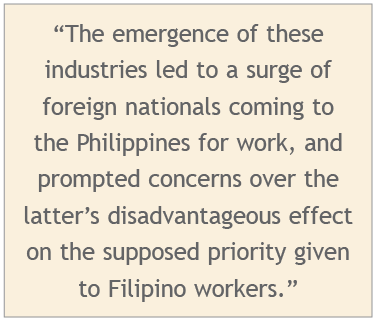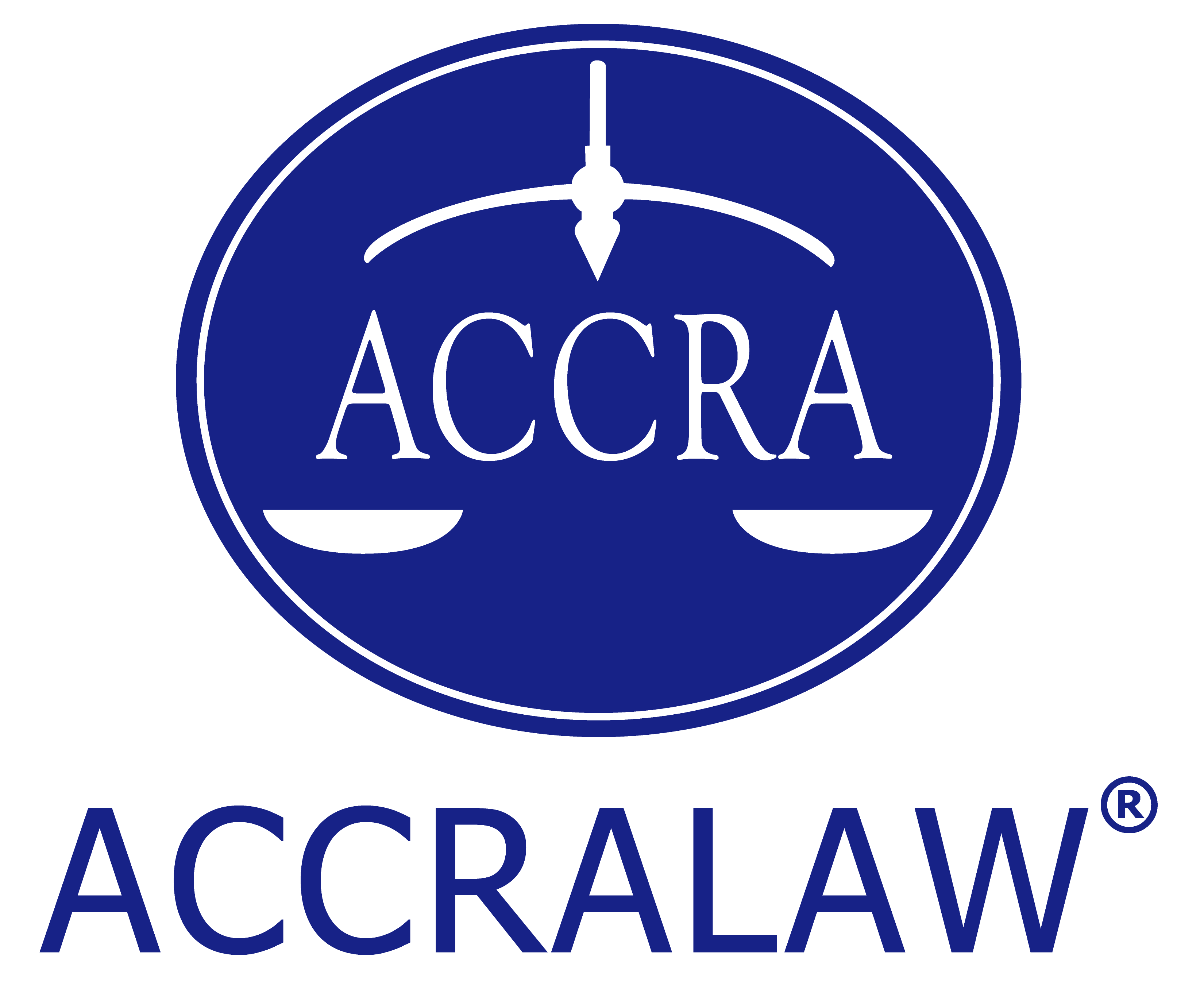 By Napoleon L Gonzales III, ACCRA Law
By Napoleon L Gonzales III, ACCRA Law
It is highly illegal to gamble in China save for a few state-run lotteries. To avoid this prohibition, gambling companies operate offshore so that they may continue catering to Chinese nationals who play casino and e-games online. These companies took a sharp interest in expanding their businesses to the Philippines, which led to the rise of the Philippine Offshore Gaming Operators (POGOs). A POGO is an entity which offers and participates in offshore gaming services by providing an online platform where players may gamble with others over the internet.
The emergence of these industries led to a surge of foreign nationals coming to the Philippines for work, and prompted concerns over the latter’s disadvantageous effect on the supposed priority given to Filipino workers. Seeking to streamline immigration procedures and impose tighter restrictions on this matter, the Bureau of Immigration (BI) issued BI Operations Order No. JHM-2019-008 on June 27, 2019. This outlines the implementing rules and regulations (IRR) on the issuance of Special and Provisional Work Permits to foreign nationals. The said IRR, which makes effective the joint guidelines of the Department of Labor and Employment, the Department of Justice, the Bureau of Internal Revenue and the BI, aims to “clarify and harmonise existing rules and regulations” affecting foreign workers and “establish systems for the joint monitoring thereof”.
The guidelines ensure that work permits are issued only to foreign nationals whose jobs cannot be performed by a Filipino. Following the mandate of the Labor Code of the Philippines, local companies may engage alien workers only after a determination that there is no Filipino who is competent, able and willing to perform the services for which the alien is desired.

By way of a background, a Special Work Permit (SWP) is a document that allows an alien to work in the Philippines while on a temporary visitor (9[a]) visa. The Provisional Work Permit (PWP), on the other hand, is a document that enables a foreign national to work in the country while his application for an Alien Employment Permit (AEP) or a work visa is pending. Both the SWP and PWP are valid for a period of three months, and extendible only once for the same period.
Under the new guidelines, the SWP will be available only to foreign nationals who are working outside of an employment arrangement with a Philippine company. These aliens include, among others, those who are working as consultants, specialists or service suppliers who do not receive any remuneration from a Philippine source. Unlike the previous rules where there is no such distinction, foreign workers who are actually employed by Philippine companies will now have to secure an AEP and the appropriate work visa, regardless of the duration of their employment.
As foreign employees are now required to secure an AEP and the appropriate work visa, which takes several months to complete, those who only have short-term contracts such as probationary employees may be faced with a situation where their visa applications have yet to be approved even though their contracts have already lapsed.
Moreover, it is noteworthy that the BI now requires SWP applicants to secure a personal Tax Identification Number (TIN) before an application is filed. While the TIN has always been a requirement for AEP, PWP and work visa applications, the new guidelines guarantee that even short-term assignees and consultants will be properly paying their taxes for the income they have derived from sources within the Philippines.
Is there light at the end of the tunnel? Only through an effective implementation of the IRR will the BI achieve its desired objectives, and we can only wait and see how these guidelines may impact the regulation of foreign workers in the country.
______________________________
This first appeared in Business World, a newspaper of general circulation in the Philippines. The views and opinions expressed in this article are those of the author. This article is for general informational and educational purposes and not offered as, nor does not constitute, legal advice or legal opinion.

T: (632) 830 8000


